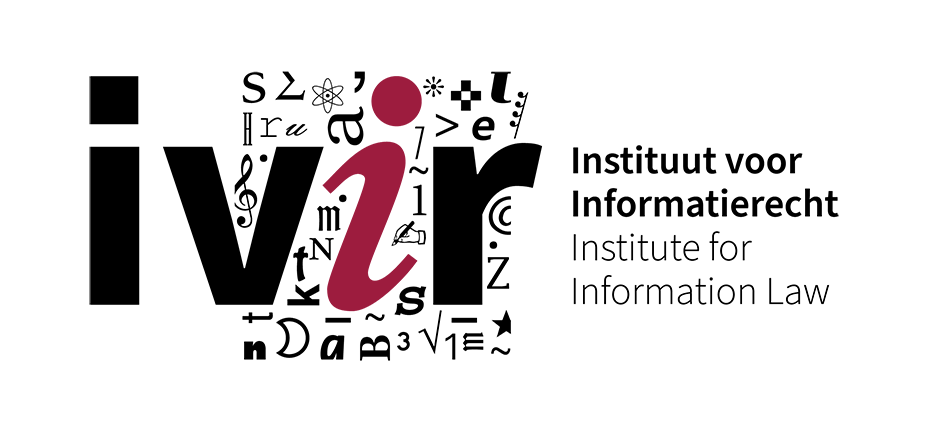Poort & Quintais: 3rd place best publication 2013
During the the fourth edition of the annual prize for the best publication of the year, organised by the Law Faculty of the University of Amsterdam, the third place was awarded to Joost Poort and João Pedro Quintais for their article "The Levy Runs Dry. A Legal and Economic Analysis of EU Private Copying Levies."
Purpose of the prize
The prize has been introduced on the initiative of the dean and the Science Committee in order to strengthen and support the research culture within the Faculty of Law and to allow young researchers (PhD students, or candidates who completed their PhD within the last five years at the FdR) to give publicity to their work. The prize entails an amount of 1,000 Euros for the winner, 500 Euros for the first runner up, and 250 Euros for the third place. The prizes will be added to the research budget of the research group and which the winner can use for research activities such as congress visits, etc.
The jury about the article:
Excellent paper with direct relevance for all scholars: should we pay (and/or get paid) for copies of our publications. Beautiful example of successful combination of a legal and economic analysis of private copying levies in the EU.
The article:
The Levy Runs Dry: A Legal and Economic Analysis of EU Private Copying Levies, Drs. J.P. Poort & Mr. J.P. Quintais, JIPITEC, 2013-3, p. 205-224
Abstract:
This article provides a legal and economic analysis of private copying levies in the EU, against the background of the Copyright Directive (2001/29), a number of recent rulings by the European Court of Justice and the recommendations presented by mediator Vitorino earlier this year. It concludes that notwithstanding these rulings and recommendations, there remains a lack of concordance on the relevance of contractual stipulations and digital rights management technologies (DRM) for setting levies, and the concept of harm. While Mr. Vitorino and AG Sharpston (in the Opinion preceding VG Wort v Kyocera) use different lines of reasoning to argue that levies raised on authorized copies would lead to double payment, the Court of Justice’s decision in VG Wort v Kyocera seems to conclude that such copies should nonetheless be levied. If levies are to provide fair compensation for harm resulting from acts of private copying, economic analysis suggests one should distinguish between various kinds of private copies and take account of the extent to which the value said copies have for consumers can be priced into the purchase. Given the availability of DRM (including technical protection measures), the possibility of such indirect appropriation leads to the conclusion that the harm from most kinds of private copies is de minimis and gives no cause for levies. The user value of copies from unauthorised sources (e.g. from torrent networks or cyber lockers), on the other hand, cannot be appropriated indirectly by rightholders. It is however an open question in references for preliminary rulings pending at the Court of Justice whether these copies are included in the scope of the private copying exception or limitation and can thus be be levied for. If they are not, as currently happens in several EU Member States, legal and economic analysis leads to the conclusion that the scope of private copying acts giving rise to harm susceptible of justifying levies is gradually diminishing.

